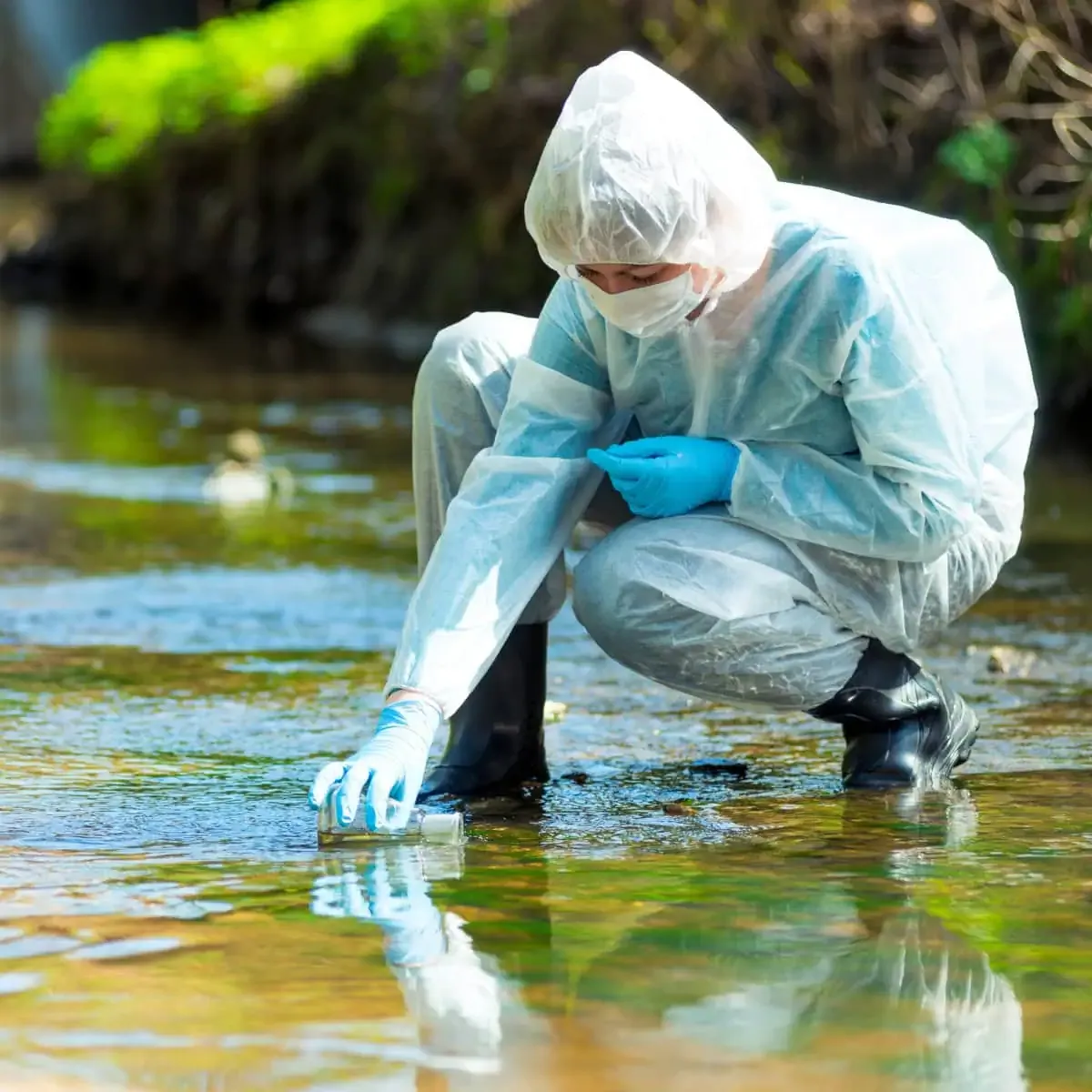Overview & Salary
Overview
Conduct research or perform investigation for the purpose of identifying, abating, or eliminating sources of pollutants or hazards that affect either the environment or public health. Using knowledge of various scientific disciplines, may collect, synthesize, study, report, and recommend action based on data derived from measurements or observations of air, food, soil, water, and other sources.
On the job, you would:
- Communicate scientific or technical information to the public, organizations, or internal audiences through oral briefings, written documents, workshops, conferences, training sessions, or public hearings.
- Monitor effects of pollution or land degradation and recommend means of prevention or control.
- Collect, synthesize, analyze, manage, and report environmental data, such as pollution emission measurements, atmospheric monitoring measurements, meteorological or mineralogical information, or soil or water samples.
Education
- bachelor's degree
- high school diploma/GED
Salary
Annual 10th percentile $50,130
Annual median $80,060
Annual 90th percentile $134,830
Knowledge & Skills
Knowledge
Arts and Humanities
- English language
Math and Science
- biology
- chemistry
Business
- customer service
- administrative services
Safety and Government
- law and government
Skills
Basic Skills
- listening to others, not interrupting, and asking good questions
- reading work related information
Problem Solving
- noticing a problem and figuring out the best way to solve it
Social
- changing what is done based on other people's actions
- teaching people how to do something
Personality & Abilities
Personality
Investigative
People interested in this work like activities that include ideas, thinking, and figuring things out.
- Integrity
- Analytical Thinking
- Attention to Detail
- Cooperation
- Dependability
- Adaptability/Flexibility
Abilities
Verbal
- listen and understand what people say
- read and understand what is written
Ideas and Logic
- notice when problems happen
- use rules to solve problems
Math
- choose the right type of math to solve a problem
- add, subtract, multiply, or divide




